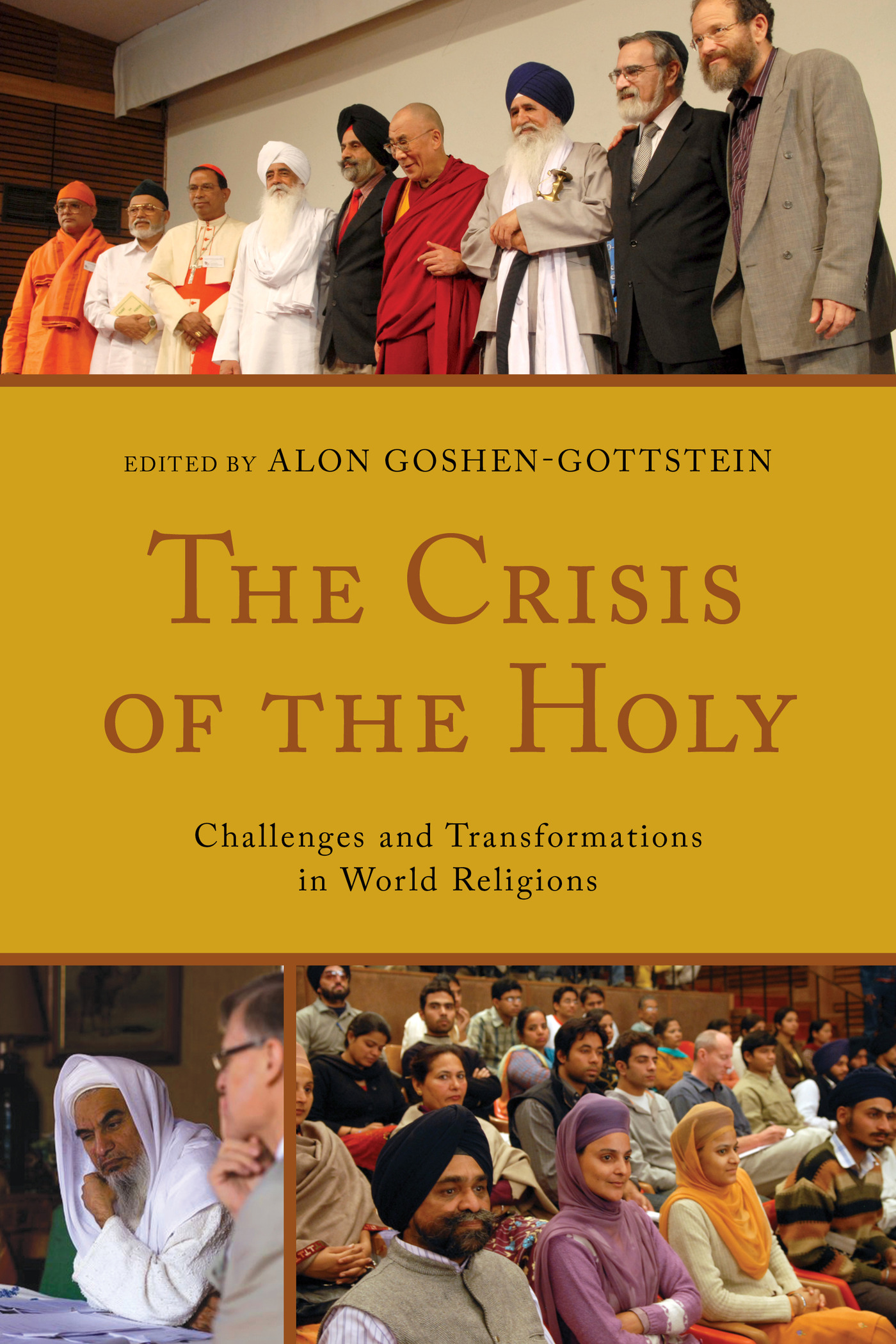The Crisis of the Holy
Interreligious Reflections
Series Editor
Alon Goshen-Gottstein, director of the Elijah Interfaith Institute
With the rise of interfaith relations comes the challenge of providing theory and deeper understanding for these relations and the trials that religions face together in an increasingly globalized world. Interreligious Reflections addresses these challenges by offering collaborative volumes that reflect cycles of work undertaken in dialogue between scholars of different religions. The series is dedicated to the academic and theological work of The Elijah Interfaith Institute, a multinational organization dedicated to fostering peace between the world's diverse faith communities through interfaith dialogue, education, research, and dissemination. In carrying out Elijahs principles, these volumes extend beyond the Abrahamic paradigm to include the dharmic traditions. As such, they promise to be a source of continuing inspiration and interest for religious leaders, academics, and community-oriented study groups that seek to deepen their interfaith engagement. All volumes in this series are edited by Elijahs director, Dr. Alon Goshen-Gottstein.
Titles in the Series
The Religious Other: Hostility, Hospitality, and the Hope of Human Flourishing, edited by Alon Goshen-Gottstein
The Crisis of the Holy: Challenges and Transformations in World Religions, edited by Alon Goshen-Gottstein
The Crisis of the Holy
Challenges and Transformations in
World Religions
Edited by Alon Goshen-Gottstein
LEXINGTON BOOKS
Lanham Boulder New York London
Published by Lexington Books
An imprint of The Rowman & Littlefield Publishing Group, Inc.
4501 Forbes Boulevard, Suite 200, Lanham, Maryland 20706
www.rowman.com
Unit A, Whitacre Mews, 26-34 Stannary Street, London SE11 4AB
Copyright 2014 by Lexington Books
All rights reserved. No part of this book may be reproduced in any form or by any electronic or mechanical means, including information storage and retrieval systems, without written permission from the publisher, except by a reviewer who may quote passages in a review.
British Library Cataloguing in Publication Information Available
Library of Congress Cataloging-in-Publication Data
The crisis of the holy : challenges and transformations in world religions / edited by Alon Goshen-Gottstein.
pages cm. (Interreligious reflections)
Includes bibliographical references and index.
ISBN 978-1-4985-0343-3 (cloth : alk. paper) ISBN 978-1-4985-0344-0 (ebook)
1. ReligionsHistory21st century. 2. ReligionHistory21st century. I. Goshen-Gottstein, Alon, editor.
BL98.C75 2014
200.9'051dc23
2014030909
 TM The paper used in this publication meets the minimum requirements of American National Standard for Information Sciences Permanence of Paper for Printed Library Materials, ANSI/NISO Z39.48-1992.
TM The paper used in this publication meets the minimum requirements of American National Standard for Information Sciences Permanence of Paper for Printed Library Materials, ANSI/NISO Z39.48-1992.
Printed in the United States of America
Foreword
The worlds religions have evolved in response to numerous internal and external factors, but over time each has retained a solid (if constantly changing) outlook on life and the proper way to conduct it. Even throughout the political turmoil that sometimes shocked religions or their individual communities, a sense of purpose remained.
The modern eraincluding but not limited to the pervasive intrusion of globalizing political and economic developments; the often simplistic, polarized and morally equivalent presentations seen in the media; and the sense of surety demanded in and promised by a culture dominated by sciencehas cause a threat to the foundation of the worlds religions and the cohesive assurances of their societies.
This cataclysmic change has stimulated all sorts of unnatural and in many ways unprecedented responses by religious, and more particularly their constituent, groups. The growth of fundamentalism and isolationism has provided strength for some, while the syncretistic search for meaning in previously unfathomed contexts moves others. Imbalance in leadership has been accompanied by the appropriation of ancient holy texts as a bulwark against change. Suspicion of all religions and their quest for meaning has increased in some circles, while globalization has suggested, for the first time, that all peoples share a common and shrinking place on earth. Some have abandoned ritual; others have opted for the routinized practice of it. Some have assimilated; others have grown increasingly xenophobic. Many have abandoned their deities; others have retreated into them.
Whatever the particular action or reaction, the totality of these unanticipated pressures and responses is pushing religious people into controversial forms. And it is sometimes stimulating unhealthy, unwanted, and, ultimately, fatal, flaws in religious thinking and living. This situation, which we have assembled to address, we call the Crisis of the Holy.
The members of the Elijah Interfaith Institute Think-Tank see this crisis as a confluence of threats, challenges, and opportunities for the religions, indeed for religion. Some of the opportunities provided by the crisis are: providing context in which to rectify world wrongs; stimulating the rethinking of long standing religious postures, allowing for adopting inclusive rather than exclusionary positions, and providing both the means and the methods to ensure the creative and spiritual strengthening of religions.
We invite you to explore this exciting opportunity with us.
Think-Tank of the Elijah Interfaith Institute
Preface
Alon Goshen-Gottstein
The striking topic around which this volume was penned was not our own invention. It was suggested by assembled religious leaders, who gathered in Seville at the end of 2003, for the inaugural meeting of the Elijah Board of World Religious Leaders. That gathering represented the successful implementation of the model which gave rise to the first volume in this series, The Religious Other: Hostility, Hospitality and the Hope of Human Flourishing. Scholars from different religions, under the aegis of the Elijah Interfaith Academy, prepared materials for religious leaders, who then engaged in conversation based upon the prepared material, with an eye to addressing global contemporary concerns. We asked religious leaders gathered in Seville: On what would you like us to further reflect, on your behalf? A number of the twenty or so answers that we received came neatly under the rubric of Crisis of the Holy. It was then up to the think-tank whose work is represented in this volume to provide the parameters and definition to the intuition that our common crises are something religious leaders, and more broadly speaking, religious people, ought to be talking about.
Defining the parameters of this project turned out to be a far more complicated task than we had initially estimated. The chapters of this volume reflect a process that took place over three week-long meetings. The first was held in Barcelona in July 2004, at the invitation of the Council for a Parliament of the Worlds Religions. That meeting was devoted to defining how the Holy is understood in different traditions, what are the dimensions of the crisis, how crisis itself is understood in the different traditions and to initial considerations of how we might provide conceptual tools for approaching the topic in a broad comparative perspective.

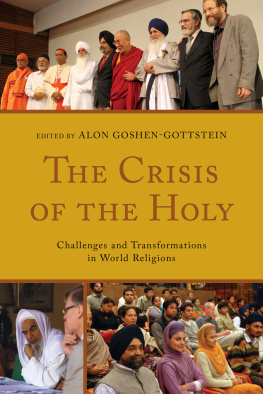

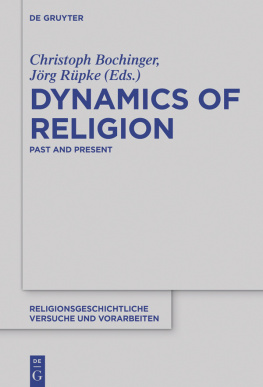
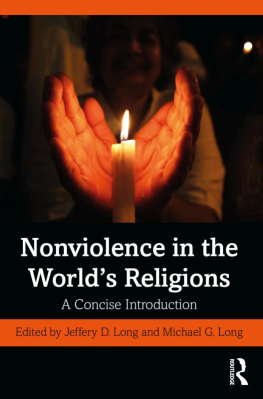
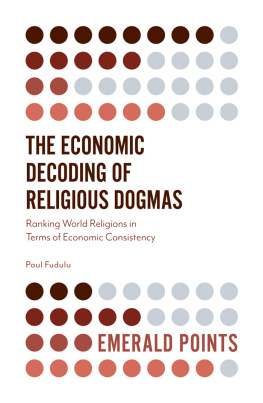
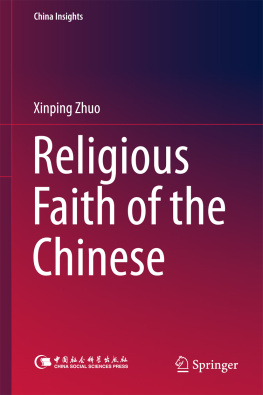
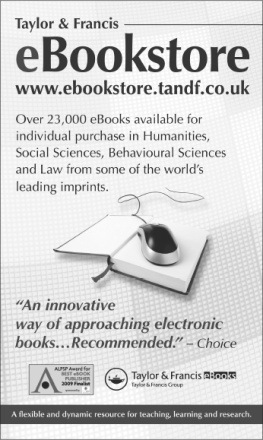
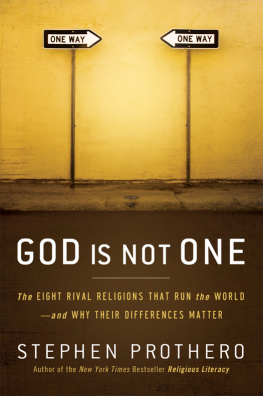
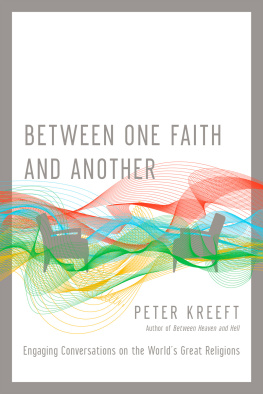
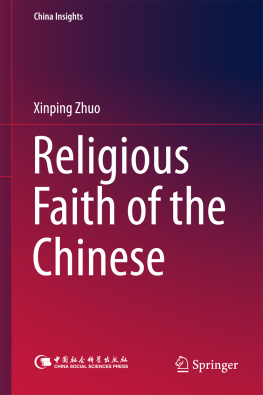
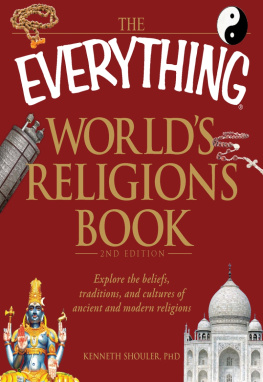
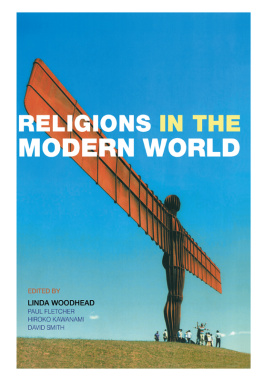
 TM The paper used in this publication meets the minimum requirements of American National Standard for Information Sciences Permanence of Paper for Printed Library Materials, ANSI/NISO Z39.48-1992.
TM The paper used in this publication meets the minimum requirements of American National Standard for Information Sciences Permanence of Paper for Printed Library Materials, ANSI/NISO Z39.48-1992.